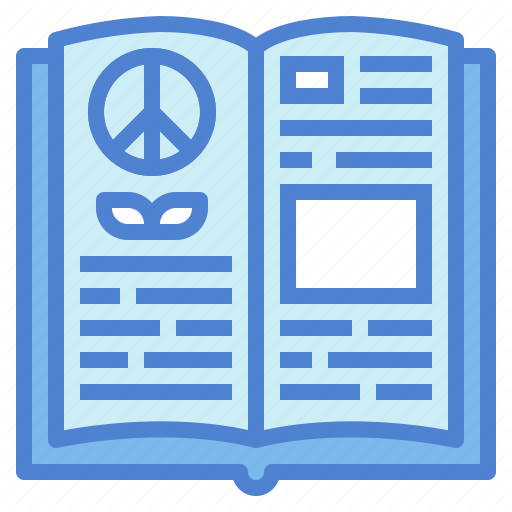Master–student relations, importance of reading culture and creative environment in the development of education
Abstract
This article deals with Master–Student relations in educational reform, their role in human activity, the teacher’s ability to have a positive impact on his students. It also emphasizes the importance of developing a culture of reading and a creative environment in educational institutions.
References
Speech of the President of the Republic of Uzbekistan on August 23, 2019 at a video conference dedicated to the issues of patriotic education of youth and raising the status of teachers in society // “People’s Word”, August 24, 2019. [O‘zbekiston Respublikasi Prezidentining 2019 yil 23 avgustda Yoshlarni vatanparvarlik ruhida tarbiyalash va jamiyatda o‘qituvchi mavqeini oshirish masalalariga bag‘ishlab o‘tkazilgan videoselektor yig‘ilishidagi ma’ruzasi // “Xalq so‘zi”, 2019 yil 24 avgust]
Karimov I.A. High spirituality is an invincible force. – Tashkent, 2008. [Karimov I.A. Yuksak ma’naviyat – yengilmas kuch. – Toshkent: Ma’naviyat, 2008].
Mirziyoev Sh.M. We will build our great future together with our brave and noble people. – Tashkent: Uzbekistan, 2017. [Mirziyoev SH.M. Buyuk kelajagimizni mard va olijanob xalqimiz bilan birga quramiz. – Tashkent: O‘zbekiston, 2017].
Abu Nasr Farobi. A city of noble people. – Tashkent, 1993. [Abu Nasr Forobiy. Fozil odamlar shahri. – Toshkent: A.Qodiriy nomidagi xalq merosi nashriyoti, 1993].
Spirituality: an explanatory dictionary of basic concepts. – Tashkent, G. Gulom Publishing House, 2009. [Ma’naviyat: asosiy tushunchalar izohli lug‘ati. – Tashkent: G‘.G‘ulom nomidagi nashriyot-matbaa ijodiy uyi, 2009].
Tafakkur gulshani. Composition by V. Vorontsov. – Tashkent, Literature and Art Publishing House, 1989. [Tafakkur gulshani. V.Voronsov kompozitsiyasi. – Tashkent: Adabiyot va san’at nashriyoti, 1989].
National Encyclopedia of Uzbekistan. Volume 4. – Tashkent, 2002. [O‘zbekiston milliy ensiklopediyasi. 4-Jild. – Tashkent: 2002].
A.Erkaev. Spirituality is the symbol of the nation. – Tashkent, 1999. [A.Erkaev. Ma’naviyat – millat nishoni. – Tashkent: 1999].

In submitting the manuscript to the International Journal on Integrated Education (IJIE), the authors certify that:
- They are authorized by their co-authors to enter into these arrangements.
- The work described has not been formally published before, except in the form of an abstract or as part of a published lecture, review, thesis, or overlay journal.
- That it is not under consideration for publication elsewhere,
- The publication has been approved by the author(s) and by responsible authorities – tacitly or explicitly – of the institutes where the work has been carried out.
- They secure the right to reproduce any material that has already been published or copyrighted elsewhere.
- They agree to the following license and copyright agreement.
License and Copyright Agreement
Authors who publish with International Journal on Integrated Education (IJIE) agree to the following terms:
Authors retain copyright and grant the International Journal on Integrated Education (IJIE) right of first publication with the work simultaneously licensed under Creative Commons Attribution License (CC BY 4.0) that allows others to share the work with an acknowledgment of the work's authorship and initial publication in this journal.





1.png)
